Automate Business with AI - AI Business Automation
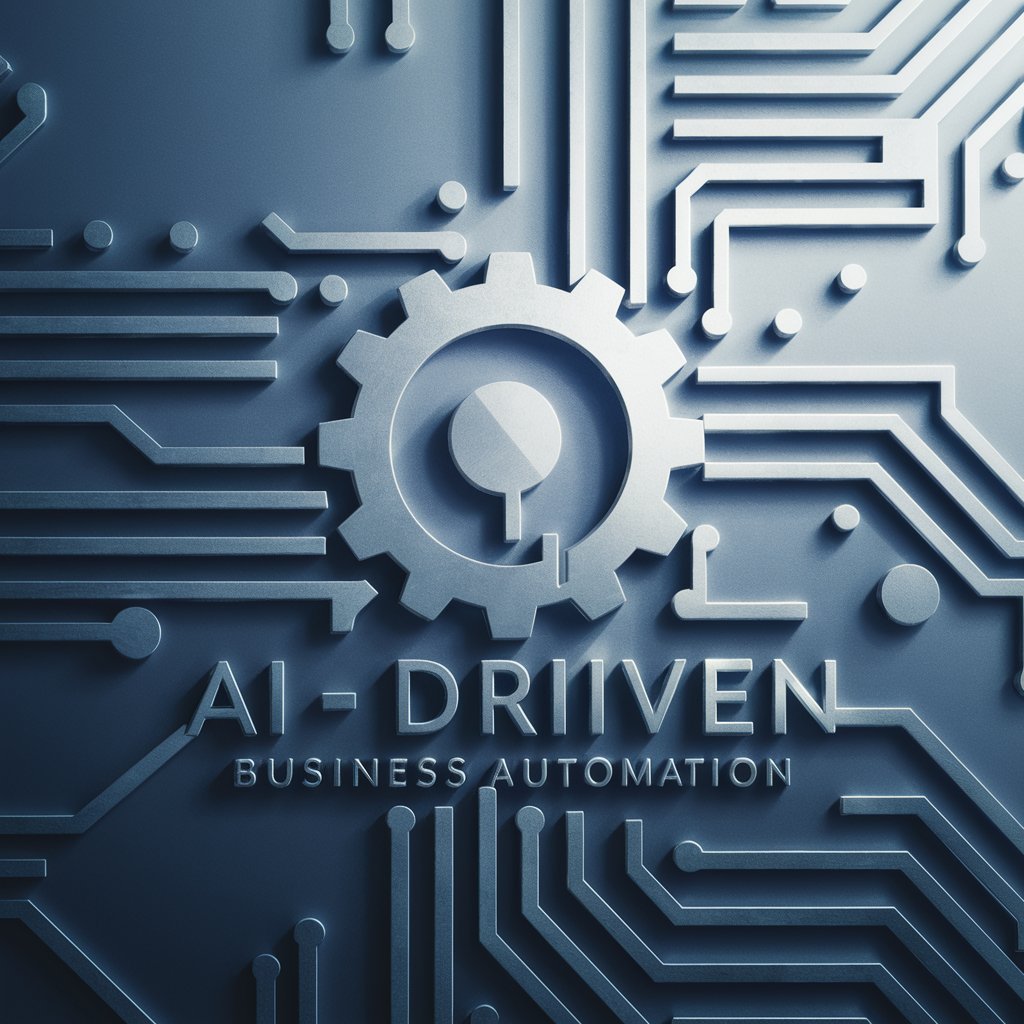
Welcome! Let's explore how AI can transform your business.
Empowering efficiency with AI
Explain how AI can streamline business operations, particularly in data analysis and decision-making.
Describe the process of identifying automation opportunities within a company.
What are the key benefits of integrating AI into customer service operations?
How can AI-driven automation enhance productivity in a manufacturing environment?
Get Embed Code
Introduction to Automate Business with AI
Automate Business with AI is designed to assist businesses in identifying and implementing AI-based solutions to automate repetitive, time-consuming tasks, thereby enhancing efficiency, accuracy, and profitability. It operates by analyzing business processes, identifying bottlenecks or areas that require significant manual effort, and then suggesting tailored AI solutions to automate these processes. For instance, it can help a retail company automate its inventory management by predicting stock levels, thus reducing overstock or stockouts and saving costs. Powered by ChatGPT-4o。

Main Functions of Automate Business with AI
Process Optimization
Example
Automating invoice processing in the accounting department.
Scenario
In a scenario where the accounting department is overwhelmed with manually processing a large volume of invoices, Automate Business with AI can introduce an AI solution that extracts data from invoices, validates it, and inputs it into the accounting system, significantly reducing processing time and errors.
Predictive Analytics
Example
Forecasting demand in the retail industry.
Scenario
For a retail business struggling with inventory management, Automate Business with AI can implement a predictive analytics model that forecasts future product demand based on historical sales data, seasonal trends, and other relevant factors, enabling more accurate stock ordering and minimizing excess inventory.
Customer Service Enhancement
Example
Implementing AI chatbots for 24/7 customer service.
Scenario
A company facing challenges in managing customer queries after hours can leverage Automate Business with AI to integrate AI-powered chatbots. These chatbots can handle a wide range of customer service inquiries in real-time, improving customer satisfaction and freeing up human agents to deal with more complex issues.
Ideal Users of Automate Business with AI Services
Small and Medium Enterprises (SMEs)
SMEs often operate with limited resources and can benefit significantly from automating routine tasks, such as customer support, HR processes, and inventory management, allowing them to allocate their resources more effectively and focus on growth.
Large Corporations
Large corporations with complex operations can utilize Automate Business with AI to streamline processes across various departments, such as finance, HR, and operations, thereby improving overall efficiency and reducing costs.
Tech Startups
Tech startups, especially those in the growth phase, can use Automate Business with AI to scale their operations rapidly by automating key aspects like user onboarding, data analysis, and customer feedback collection without significant increases in headcount.

Guidelines for Using Automate Business with AI
Initiate Trial
Start by accessing yeschat.ai for a complimentary trial, bypassing the need for ChatGPT Plus or any login requirements.
Identify Needs
Determine the specific business processes you aim to automate. Consider areas where AI can enhance efficiency, accuracy, and cost-effectiveness.
Explore Features
Familiarize yourself with the tool's features and capabilities. Experiment with various functions to understand how they can address your business needs.
Integration Planning
Plan how to integrate the AI automation solutions into your existing business processes. Identify any technical requirements or support needed for a smooth transition.
Continuous Evaluation
Regularly assess the performance and impact of AI automation on your business processes. Use insights to optimize and expand automation efforts across other areas.
Try other advanced and practical GPTs
Sol Degen GPT
Empowering Solana Development with AI

ICONIC
Designing Custom Icons with AI Power

Gumroad Prodigy
Elevate your Gumroad sales with AI

Make Automation Expert
Empowering automation with AI simplicity.
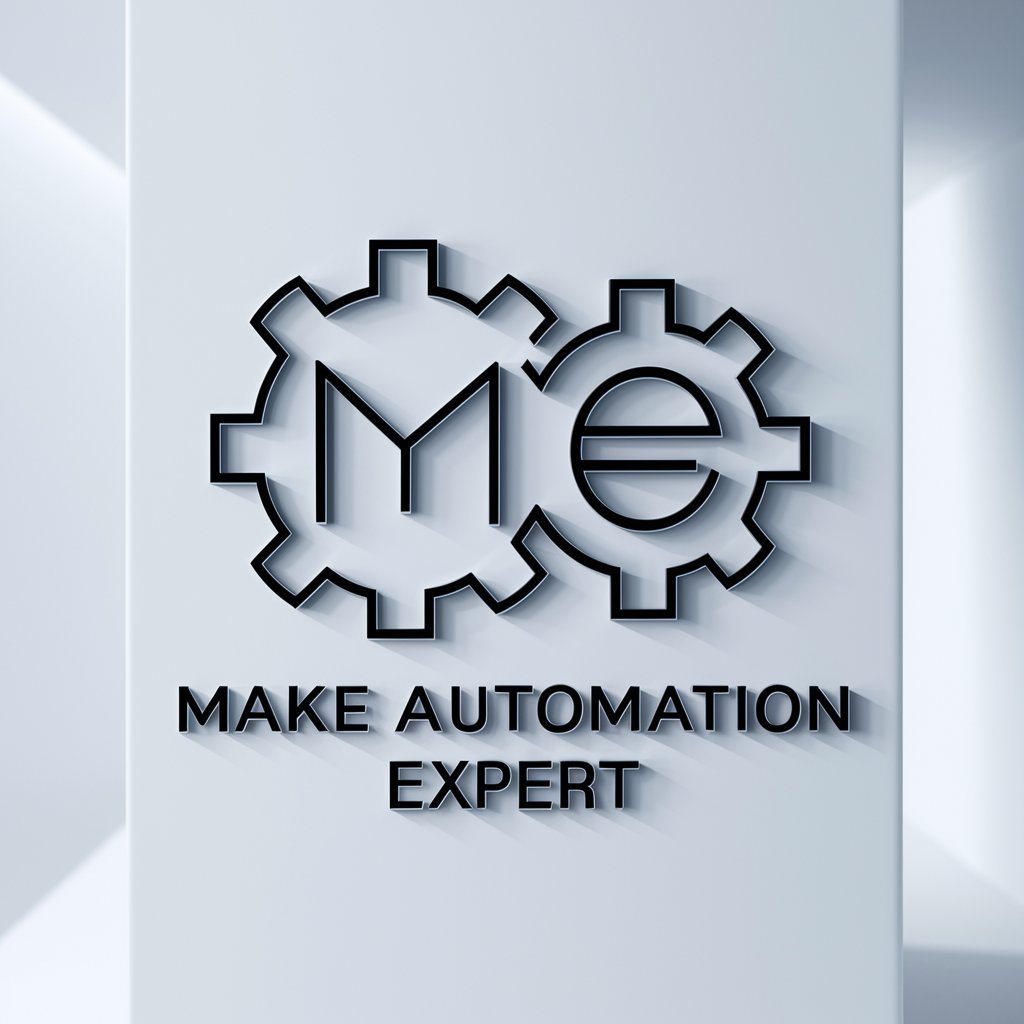
PageCraft
Empowering design decisions with AI.
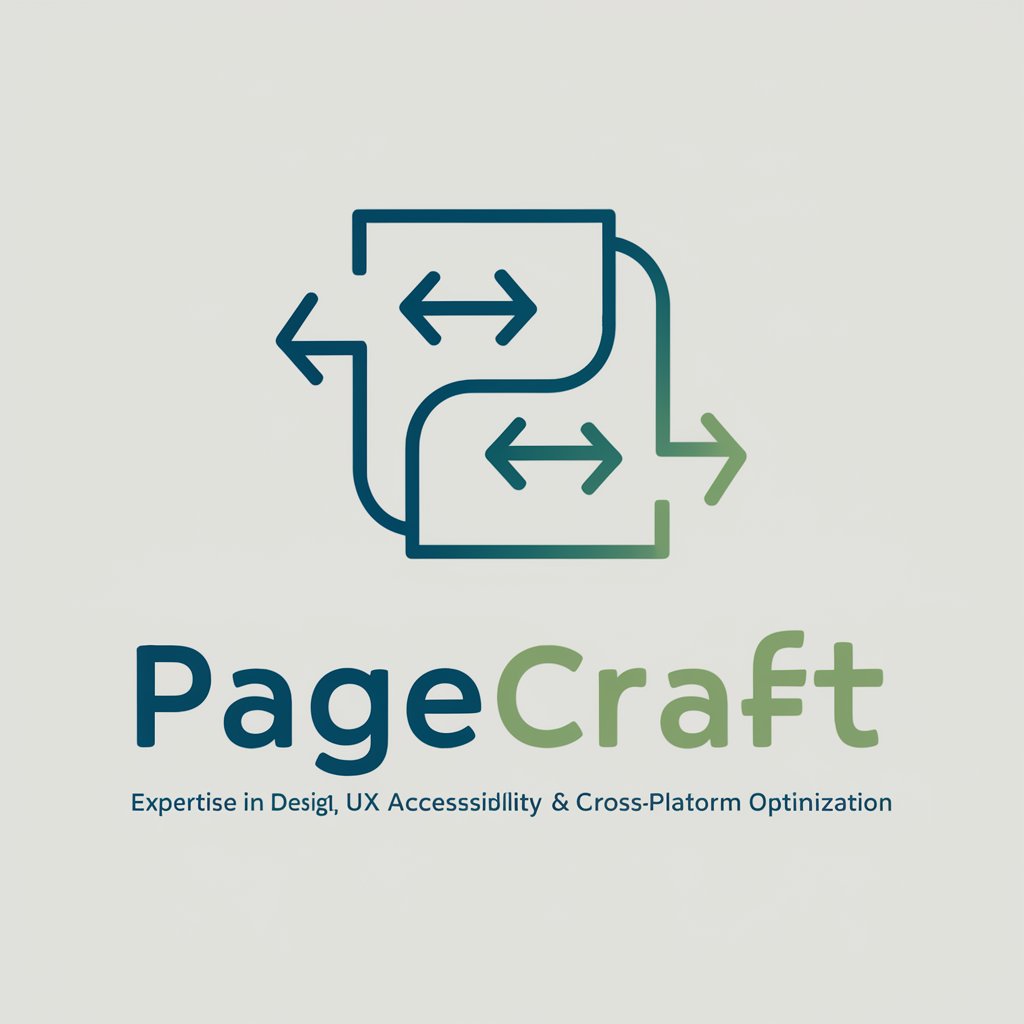
TattooME
AI-powered Tattoo Design Personalization
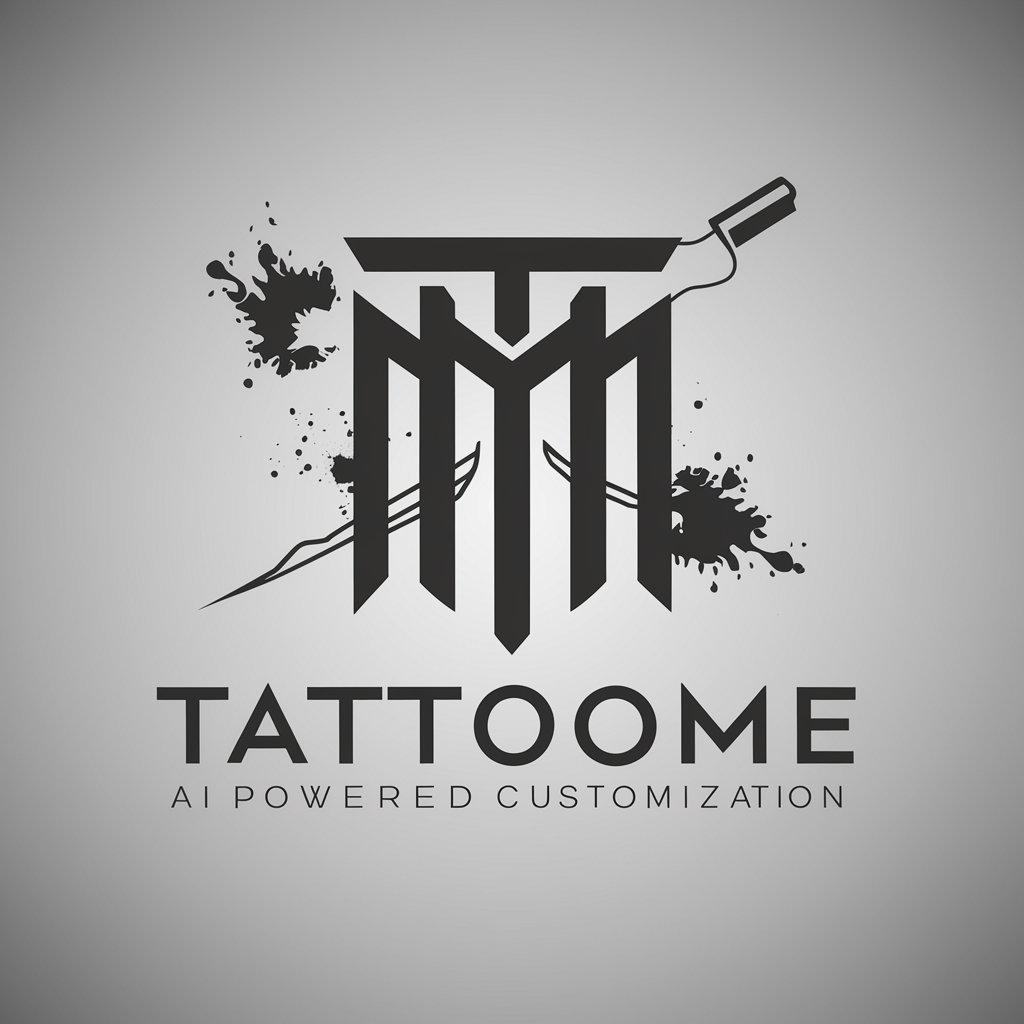
怪画クリエイター(Odd Image Generator)
Crafting Unconventional Visions with AI

Deck Builder
Craft compelling decks with AI

Slides Composer
Craft Your Story with AI

English Coach
AI-powered English learning companion.

私の起業アドバイザー
Empowering Your Entrepreneurial Journey with AI
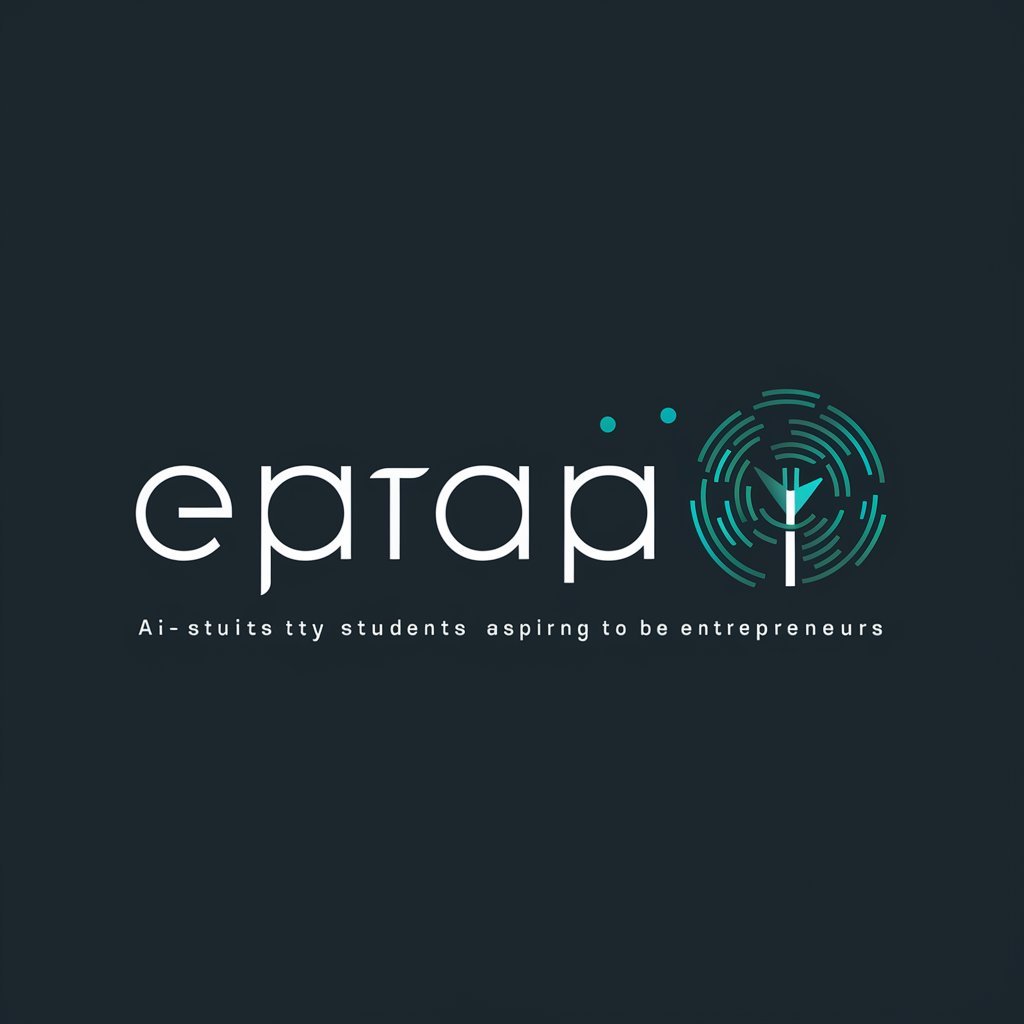
Valera Popov
Empowering Product Innovation with AI
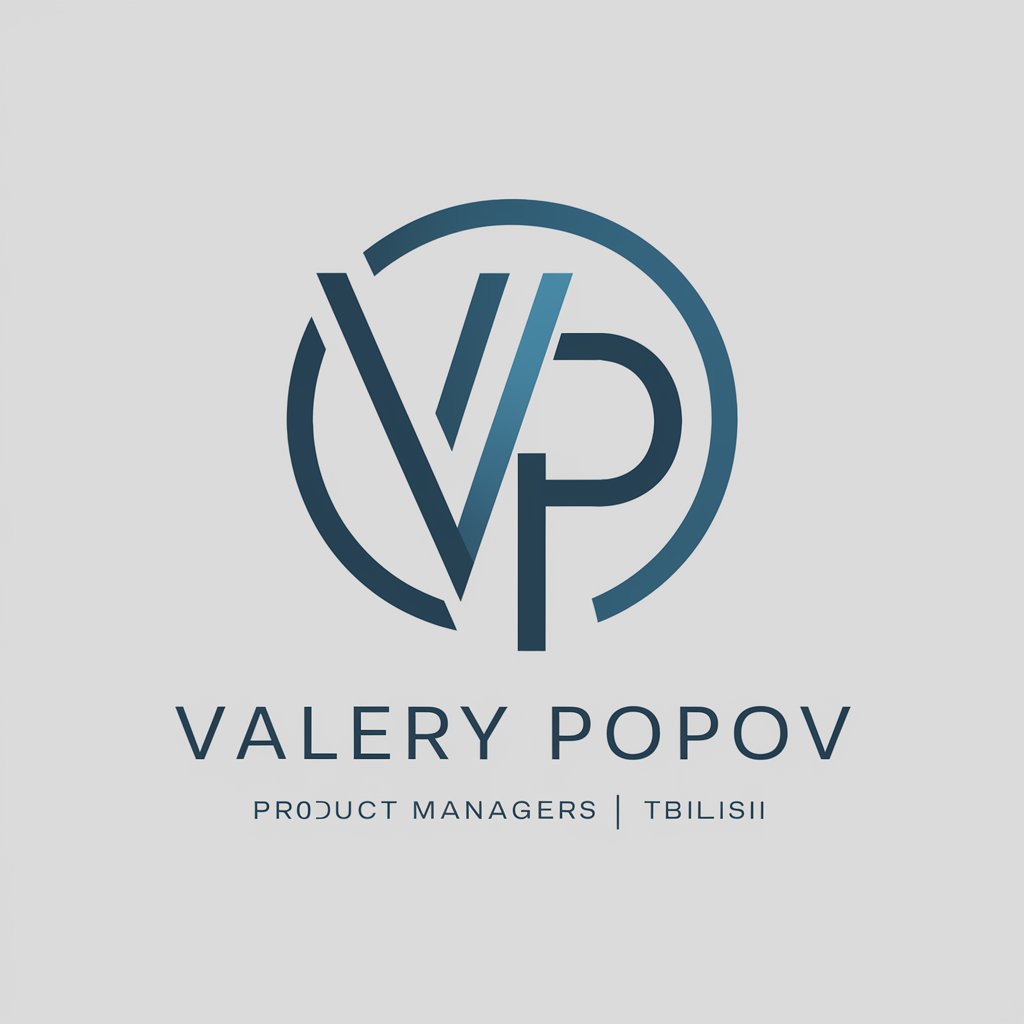
Automate Business with AI: Questions & Answers
What business processes can be automated with AI?
AI can automate a wide range of business processes, including customer service through chatbots, data analysis for insights, repetitive administrative tasks, content creation, and predictive maintenance.
How does AI improve decision-making in business?
AI enhances decision-making by providing data-driven insights, identifying trends, and forecasting outcomes. This allows businesses to make more informed, strategic decisions.
What are the prerequisites for integrating AI into my business?
Prerequisites include a clear understanding of your business needs, data readiness, technical infrastructure for AI integration, and staff training on AI tools.
Can AI automation be customized for specific industries?
Yes, AI automation can be tailored to meet the unique requirements of various industries, including finance, healthcare, retail, and manufacturing, to address specific challenges and optimize operations.
What are the cost implications of adopting AI automation?
Costs can vary based on the complexity of the solution, scale of implementation, and ongoing maintenance. However, the long-term ROI through efficiency gains and cost savings often justifies the initial investment.
